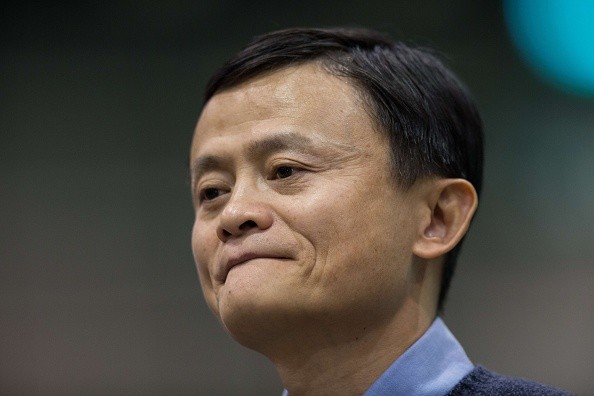Once upon a time, Chinese billionaire Jack Ma dreamed of a China with better healthcare facilities, cheaper medicine, and a generally healthy populace.
In this dream he wasn’t alone. Numerous other tycoons that lead China’s tech industry jumped into the bandwagon in order to create an innovative digital health sector. Robin Li of Baidu Inc. launched a mobile application that enables physicians to give online consultations. Tencent Holdings Ltd. also dabbled on several investments.
Meanwhile, Ma continued working on his project: Alibaba Health Information Technology Ltd.
But lately it seems like these industry heavyweights’ shared dream is not coming true.
According to a recent report by Bloomberg, the startups and bigger corporations that form China’s digital health sector are struggling to earn a decent profit from their ventures.
Based on data from researcher VC, the digital health industry suffered a decrease of 10 percent during the last few months of 2016. This is a further blow to the 41 percent decline the industry has experienced the previous quarter. As a result, 26 startups have closed, according to ITJuzi, a company that tracks Internet companies.
“A lot of people started realizing in 2016 that many projects were losing money and had no hopes of making any,” said Wang Yipei, a former investment manager, in an interview with Bloomberg.
In addition to the drastic decline in investments, new government policies have also delivered fatal blows to the fledgling industry.
Just last year, the drug-tracking system Ali Health was tasked to develop and operate was eventually scrapped by China’s drug watchdog, damaging their main revenue stream. Regulators also put a stop on pilot programs, which e-commerce websites like Tmall relied on in order to sell over-the-counter drugs online legally.
Last but not the least, China’s digital health sector has yet to overcome its biggest foe: state-run hospitals and government insurance.
So far, the industry hasn’t found an insurer who is confident in working with tech startups to dismantle the monopoly. Despite the challenges, however, entrepreneurs like Ma are reluctant to give up their dream.



























